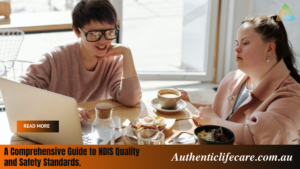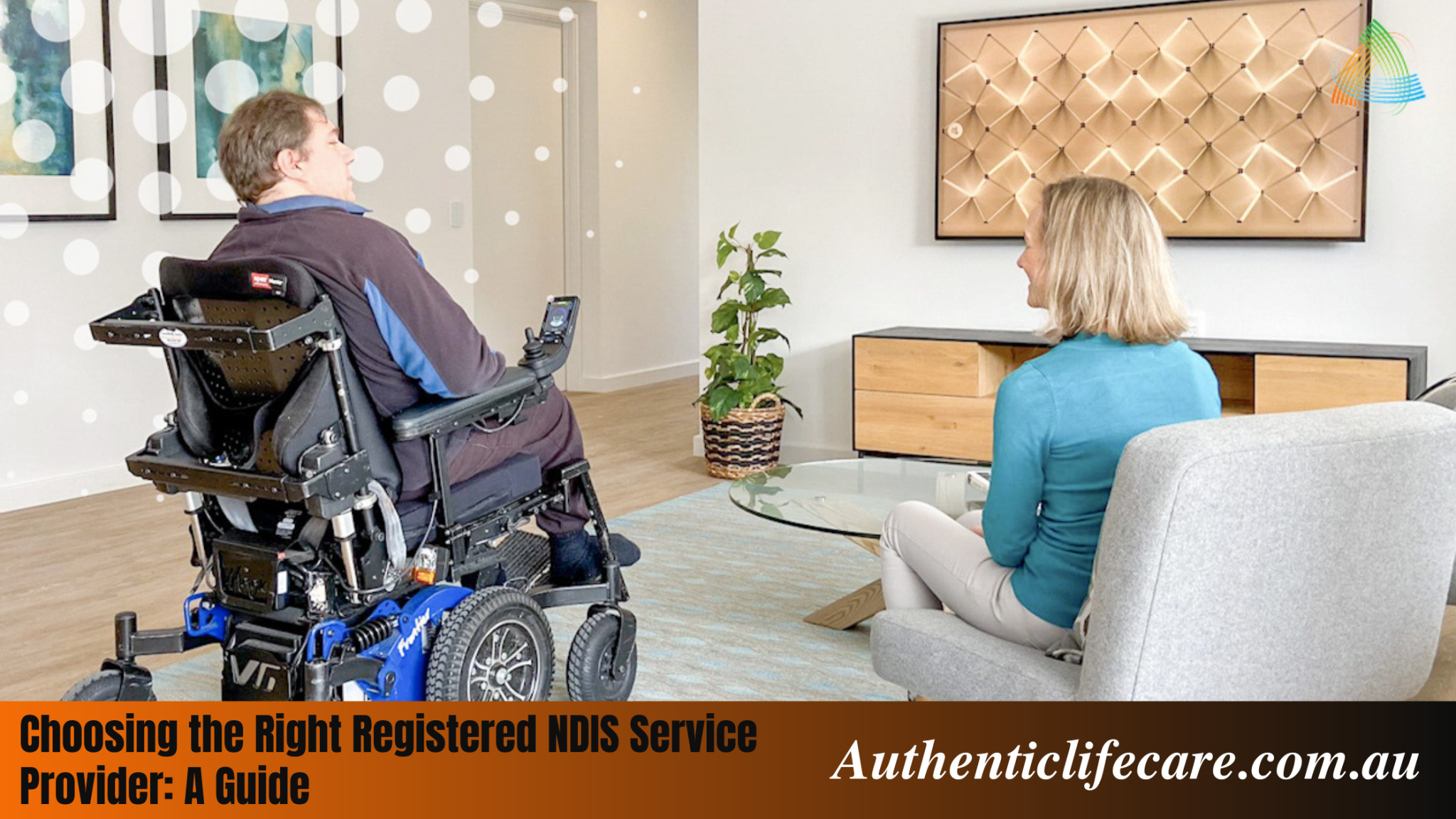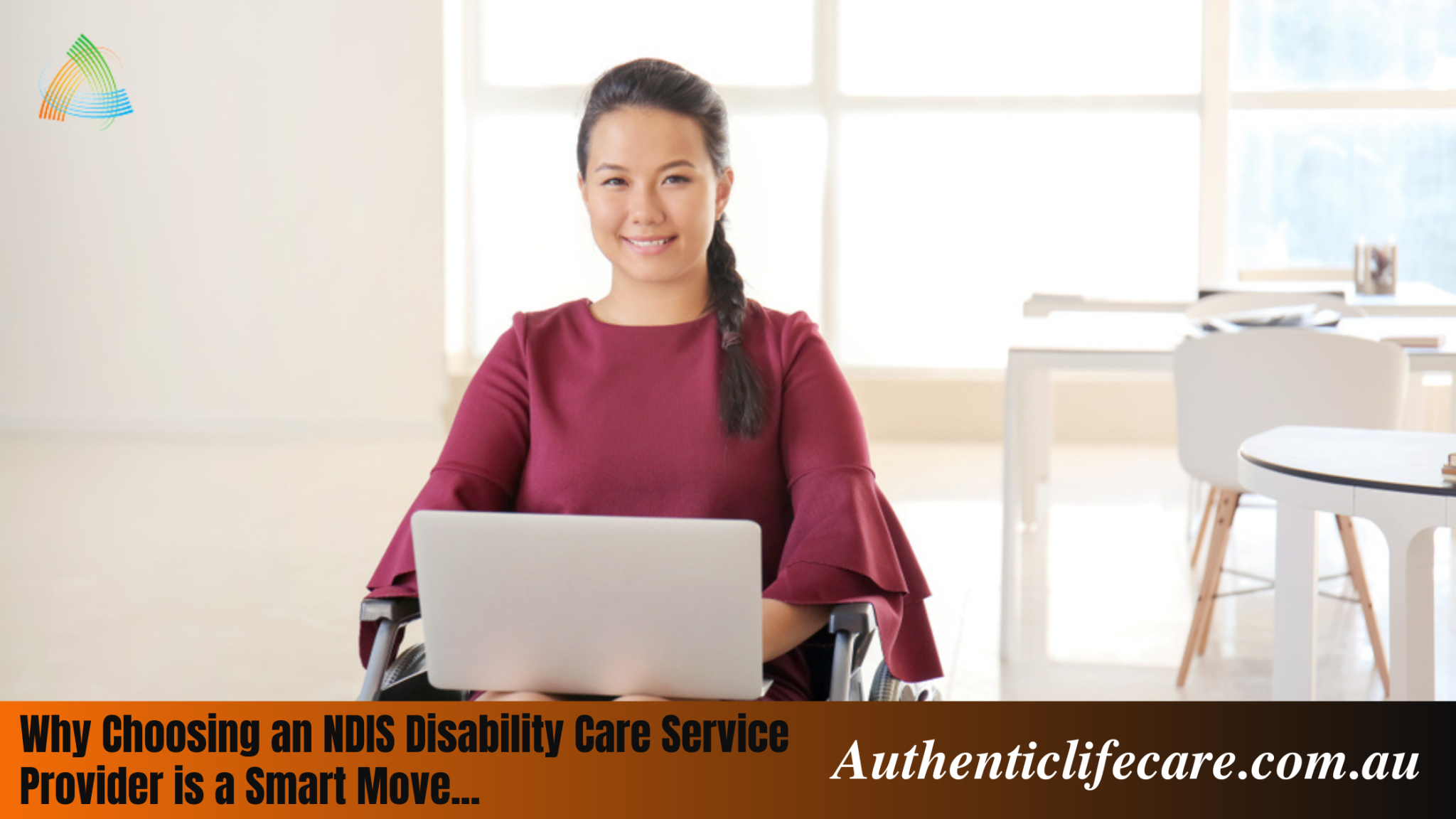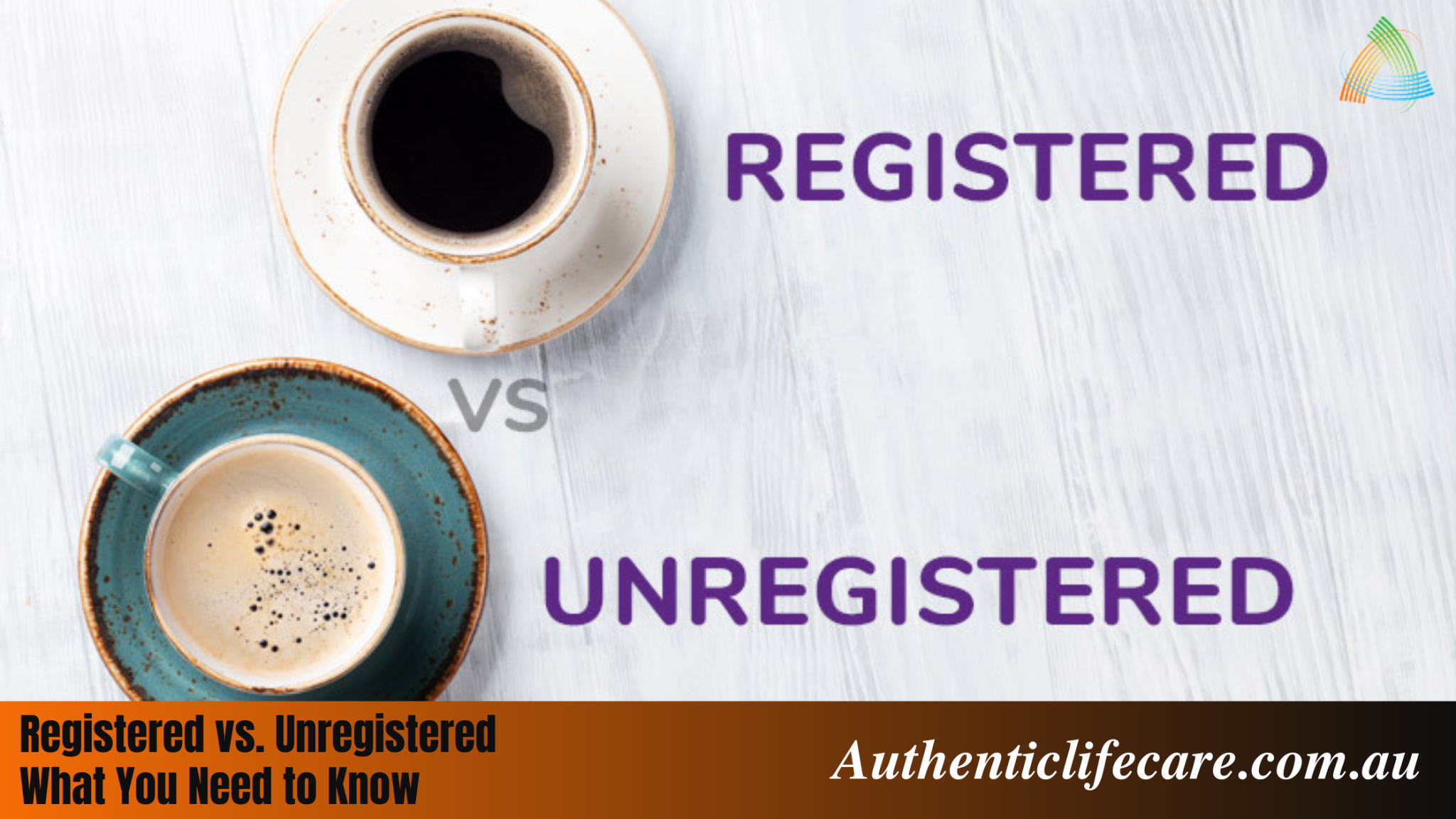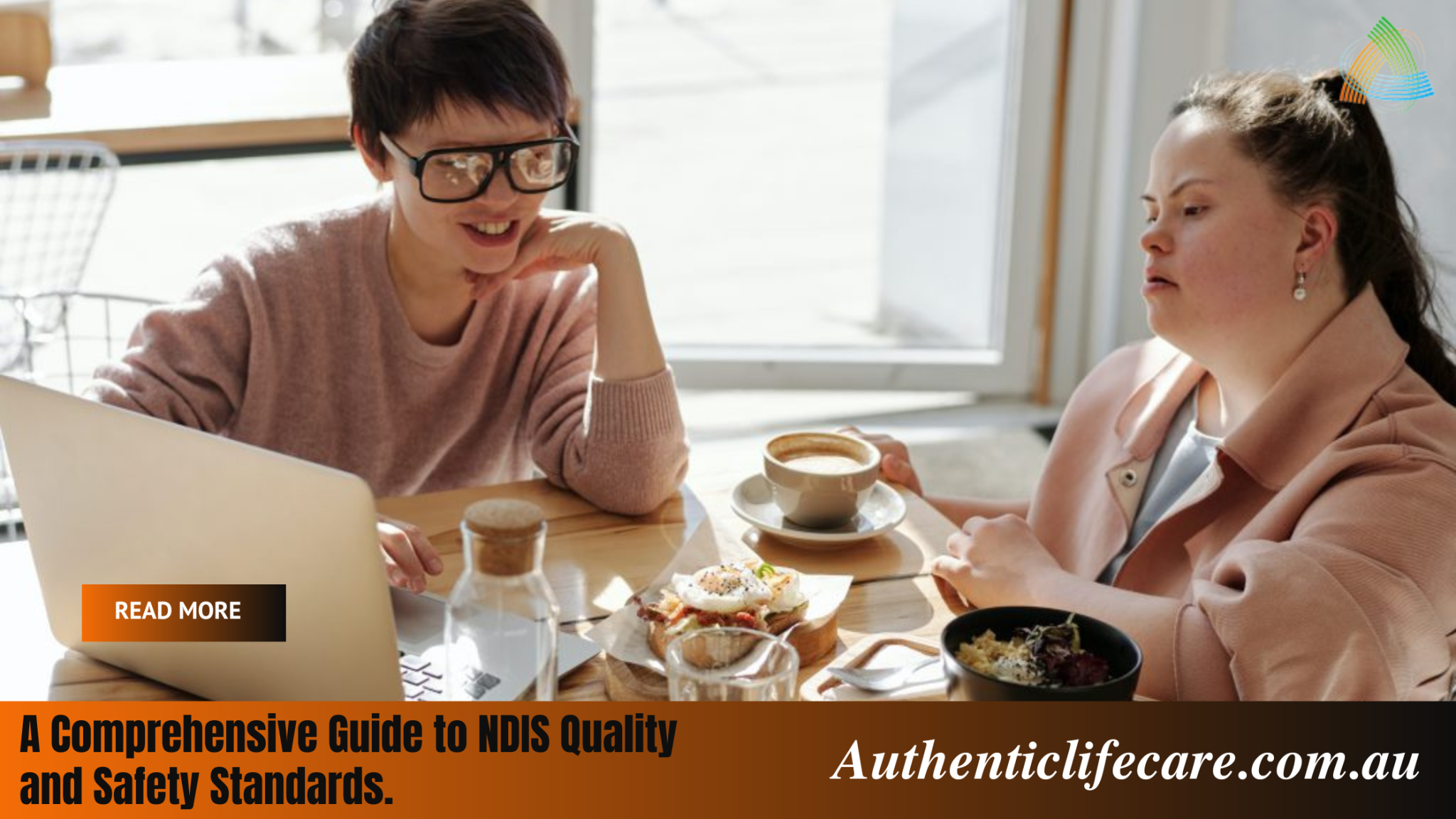The planner will speak to you during your NDIS preparation meeting about the goals you want to accomplish in many facets of your life.
The planner asks this because the objectives are based on an NDIS plan, and support is only supported if they help you achieve these goals. So it’s important for your NDIS planning meeting to have objectives.
What are your objectives?
Goals define what you want to accomplish, grow or learn.
We say that thinking about what’s important to you is the best way for you to think about objectives.
In order to think about all the facets of your life and what is important to you, use this list. It may be:
- Seeking and sustaining a career
- Enhancing partnerships
- In everyday life, independence
- Money management trust
- Conducting more social and leisure activities
- Enhanced wellness and health
- Building trust or learning to drive on public transport
- Everything new to experience
- where you want to live
- improving communication.
Knowing the connection between what’s important to you, your goals and the help you need. This example of setting goals will help you to understand how goals can be worded as what is important to you, and how they support you need to communicate with your goals.
1. Think about what matters to you
- Each week, I like joining a book group.
- I like engaging in my local Community Hub events (meeting place).
- I want to change how I connect.
2. Then work out your priorities
*My objectives:
- To increase my capacity for social activities to access the culture.
- To be active and engage with others in the group.
- To strengthen my capacity to speak clearly.
- So the financial support you need to accomplish this aim could cover the following
3. I’ve got the need:
- A Speech Pathologist (help from) to develop my contact
- In order to engage in the Community Hub (meeting place) and
- To get me to a Community Hub (meeting place) and a book club, A Disability Support Worker.
How is the NDIS going to help carers?
While the current disability funding scheme in Australia will help 460,000 disabled Australians, it will also assist those who care for people with disabilities.
In Australia, there are over 2.7 million people offering informal care, including 77,000 primary caregivers, who can benefit from the NDIS.
While caring can be a very rewarding experience, for certain individuals, re-prioritising opportunities to work, research and socialise can mean taking on the role of a primary profession.
Carers may also profit in several ways, including an emphasis on support for people as well as care arrangements. The NDIS defines and tracks outcomes for families, caregivers and disabled participants.
To take a break from their caring position, families and carers of people with disabilities have long relied on conventional forms of respite. Under the NDIS, people with disabilities can receive assistance independently of their families or caregivers to participate in their community and achieve their goals, providing a break for both caregivers and people with a disability.
This ensures that whilst people with disabilities have the ability to receive the resources they need to accomplish goals, parents and families will also have more freedom, to take a break and do the things they love.
Providing the right support for a family member for certain caregivers may mean being able to return to studies or work, or having the ability to pursue their interests.
So, if you’re more compassionate, under the NDIS, things will improve for you too and open up opportunities.




